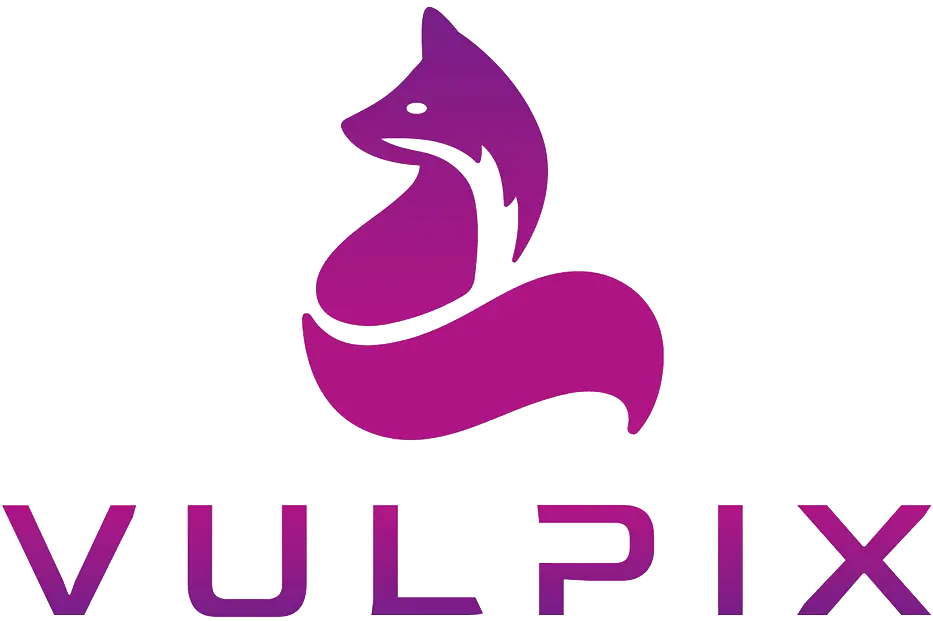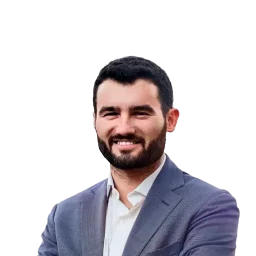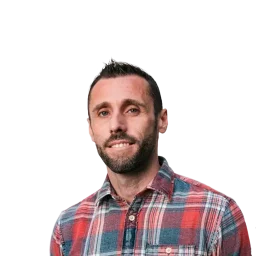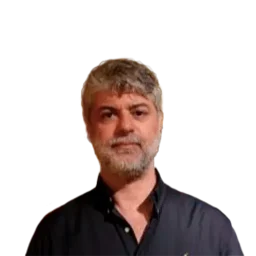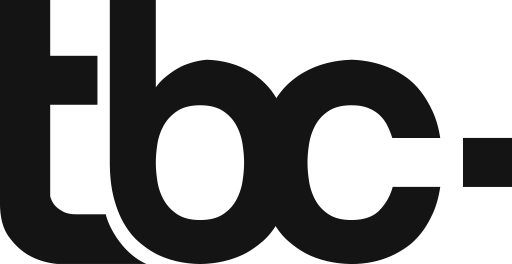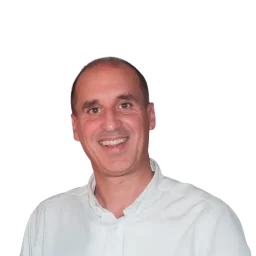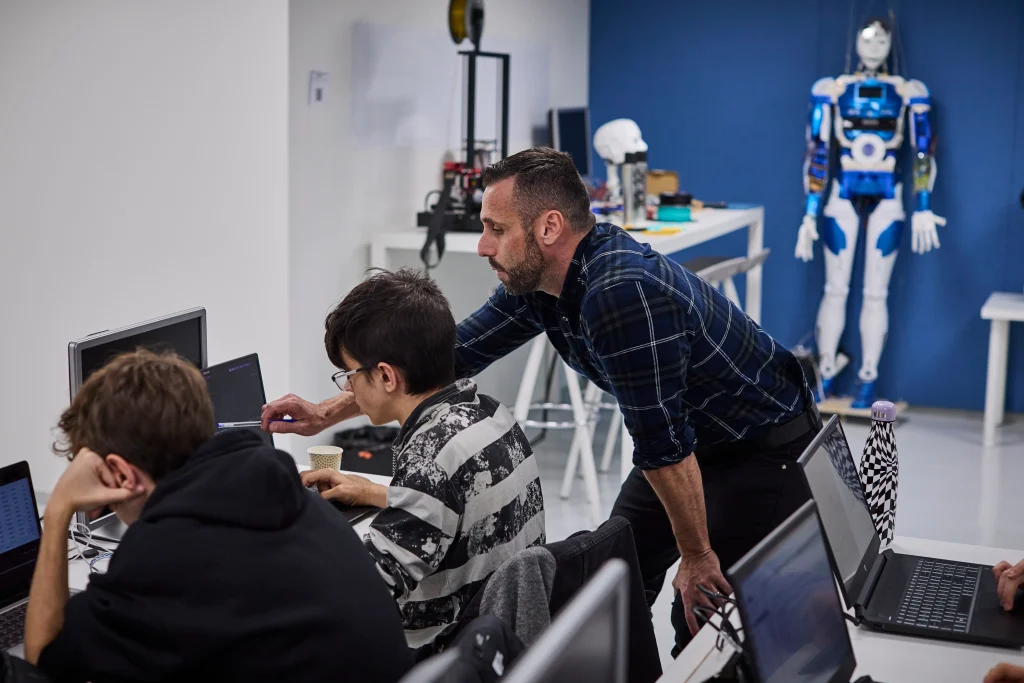
Software Development Engineering
On-campus
September 2026
3 years + 1 optional year at DBS (180 credits)
- No son necesarios conocimientos previos
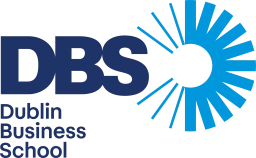
Bachelor's degree in the European Qualifications Framework (EQF) by Dublin Business School

Programme endorsed by Nebrija Institute from March 2025
Prework
Presentation of the curriculum, work tools, and how the programme and group operate.
In collaboration with HP SCDS
¿Por qué estudiar Ingeniería de Desarrollo de Software?
The Computer Entrepreneurship Bachelor (CEB) is an innovative, high-performance, 3-year programme that combines the computer engineeringthe data analysisthe cybersecuritythe human sciences and the entrepreneurship so that you can plan, design and optimise technological projects.
By studying this programme, you will be awarded a degree from IMMUNE Technology Institute. In addition, by completing an academic year at Dublin Business School (DBS), you will receive a official Irish state qualification NFQ Level 8, equivalent to a bachelor's degree in the European Qualifications Framework (EQF)..
Therefore, this Bachelor's Degree in Software Development Engineering promotes professional development in technology from the basics of programming to specialised areas.
Real Software Engineering
Practical methodology, based on real cases provided by companies from different sectors.
Program aims
- Fundamental knowledge of software engineering: principles, methodologies and life cycles.
- Define and design innovative software-based tools.
- Efficient solution of computer problems. Analyse feasibility, computational complexity and apply algorithmic solutions.
- Information systems. Storage, processing and access.
- Critical thinking and problem solving. Development of skills such as initiative, autonomy, creativity and communication.
- Project management under agile methodologies such as SCRUM.
Career opportunities
- Forensic Analyst
- Big Data Architect
- Software developer/architect
- Application Developer
- Cybersecurity tools developer
- Game and VR developer
- Chief Technology Officer
- Ethical hacking expert
- Data visualisation expert
- Data Engineer
- Physics simulation programmer
- Artificial intelligence programmer
- Graphics systems and game engine engineer
Programme developed in collaboration with HP SCDS
We work with HP SCDS to ensure an up-to-date curriculum tailored to the challenges students will face in their professional development.
Career Readiness
The comprehensive training we deliver to our students thoroughly prepares them for the employment market. Through a personalized syllabus, we help them develop professional skills, establish relationships with companies and sail through recruitment processes.
An alternative training
In all our content, we include a percentage of Human Sciences to connect technology with soft skills.
Learning By Doing Methodology
It focuses on the practical application of knowledge and skills to foster meaningful and lasting learning.
Dublin Business School
Dublin Business School, as a partner of IMMUNE, is an educational institution recognised by Quality & Qualifications Ireland (QQI), the national agency responsible for the quality and recognition of qualifications in Ireland.

Study plan
The Computer Entrepreneurship Bachelor is designed so you can work in technology departments of companies or start-ups—or launch your own tech venture. We’ve created a three-year academic plan that blends Software Engineering subjects with the Humanities. You’ll learn to design, develop and maintain software systems and applications using various methods and programming languages. Throughout this high-performance programme you will build your own project portfolio, clock up hours of coding and practical experience, sit professional certification exams, undertake internships, visit companies and sharpen your soft skills.
Year 1
On-Boarding: Framing and Soft Skills
Software Development Fundamentals I
Fundamentals of software development, allowing the student to start creating basic desktop programs. We start by installing an Ubuntu distribution on our laptop and learning how to use Ubuntu at user level. Then we follow the official Python Tutorial to learn the basics of programming and finally we face the challenge of solving a practical case for which we will need to make use of what we have just learned.
- Creation of basic programmes.
- Variables.
- Control structures.
- Basic memory structures.
- Conditions.
- Functions.
- Input/Output.
- Embedded data structures.
Software Development Fundamentals II
Fundamental programming concepts. Designed to develop skills in the application of basic programming language methods to abstract problems. Topics include basic programming concepts and Python, computational concepts, software engineering, algorithmic techniques, data types and recursion. The laboratory component consists of software design, construction and implementation.
Entrepreneurship I
Introduce a los estudiantes en las metodologías y herramientas esenciales para la articulación y presentación de propuestas de valor innovadoras en el contexto del desarrollo de software. Se centra en el desarrollo de competencias clave para la comunicación efectiva de ideas complejas, con énfasis en la estructuración y exposición de proyectos a través de un Deck Pitch. La asignatura se justifica por la creciente demanda en el mercado laboral de perfiles con capacidad para conceptualizar y comunicar proyectos tecnológicos con claridad y persuasión. Adicionalmente, contribuye al desarrollo integral del estudiante al fomentar habilidades de pensamiento crítico, argumentación estructurada y liderazgo, elementos fundamentales para su progreso personal y profesional en un entorno empresarial dinámico.
Data Structures
The most common data structures used by developers when creating software. We will face practical challenges that will make it easier to learn how the most common data structures (lists, trees, graphs and hash tables) work. To do this, we will first create our own implementation for these data types and then integrate our libraries into a program that we have created for a previous block.
Computer Science I
Elementary discrete mathematics for science and engineering, with special attention to mathematical tools and proof techniques useful in computer science. Topics include logic notation, sets, relations, elementary graph theory, state machines and invariants, induction and proofs by contradiction, recurrences, asymptotic notation, elementary analysis of algorithms, elementary number theory and cryptography, permutations and combinations, counting tools and discrete probability.
Algorithms
The most common algorithms commonly used to solve sorting and searching problems.
Nos enfrentaremos a retos prácticos que facilitarán el aprendizaje de los algoritmos más utilizados para resolver problemas de ‘ordenación de listas’ y ‘búsqueda de elementos en listas’. Para ello, primero crearemos nuestra propia implementación para dichos algoritmos y después integraremos nuestras librerías en un programa creado para un bloque anterior.
Computer Architecture
Study of computer components and discusses the techniques used by current systems to obtain high performance by exploiting parallelism.
Object-Oriented Programming
Paradigma de la programación orientada a objetos. Nos enfrentaremos a un reto práctico para el que necesitaremos utilizar la programación orientada a objetos para gestionar algunos datos científicos que encajan en este paradigma. No sólo incluirá hacer uso de clases y métodos, sino también un buen uso de los principios clave de la «Programación Orientada a Objetos» (encapsulación, abstracción de datos, polimorfismo y herencia).
Operating Systems
Design project: The main assignment is the design project (DP). This project is where students get to design their own system, which is the main objective of this course.
The DP requires you to develop a detailed system design to solve a real-world problem. This project will span most of the course, and will be done in teams of five students. Real-world systems are not built individually; it is always a team effort. Part of the PD is learning how to work productively and effectively in this environment. We will give you tools to do this in the writing tutorials.
Code Optimization
It presents the fundamental principles and techniques of software development: how to write software that is safe from bugs, easy to understand and ready for change. Topics include specifications and invariants; testing, test case generation and coverage; abstract data types and representation independence; design patterns for object-oriented programming; concurrent programming, including message passing and shared memory concurrency, and defending against races and locking; and functional programming with immutable data and higher-order functions. Includes weekly programming exercises and larger group programming projects.
Computer Science II
Elementary discrete mathematics for science and engineering, with special attention to mathematical tools and proof techniques useful in computer science. Topics include logic notation, sets, relations, elementary graph theory, state machines and invariants, induction and proofs by contradiction, recurrences, asymptotic notation, elementary analysis of algorithms, elementary number theory and cryptography, permutations and combinations, counting tools and discrete probability.
Year 2
Web Programming I
Basics of client-side web programming. We will face the challenge of creating the client-side part of a business. To do this, we will use HTML to create the web page, CSS for layout and JavaScript for event handling. We will also take care of client-side web security.
Web Programming II
Basics of server-side web programming. We will face the challenge of completing our business by implementing its server-side part, making use of a server-side programming language, accessing a database and taking care of server-side web security. All this will be done following the Model-View-Controller design pattern.
Advanced Databases
We will face the challenge of creating a programme that is capable of managing a company's customer information. This will include performing the corresponding data modelling, defining the Entity-Relationship model, creating databases and tables, and implementing all the functionalities to access the database using SQL. Then, develop a system that makes use of a schema-less database to store, manage and display heterogeneous information from several different sources, each using its own data format. Optionally, students can opt for a distributed solution if they wish.
Mobile Programming I
Basics of Android mobile programming. We will be challenged to create an Android application using Android Studio. This will include managing Android manifests, Graddle build files, activities, snippets and graphical widgets, event handling, layout and styling.
Mobile Programming II
We will face the challenge of creating an advanced Android App that is able to act as a multimedia shop to display/play and record/capture audio, images and video. This App will access a local database to keep track of the information it handles, and will also be able to connect to external servers to exchange complementary information.
Software Engineering I
Basics of classical software engineering. Students are divided into groups and each group thinks of a project. Then, each group takes the requirements of another group and follows the usual software development life cycle to generate all the corresponding documents (requirements, design, implementation, testing, installation and maintenance). It is not necessary to write source code for the mandatory part. Optionally, students can write the corresponding source code, verify it and then validate it with the client group.
Agile Methodologies
Latest trends and methodologies related to software engineering. Students are separated into groups and each group thinks of a project (which must be different from the previous project in Software Engineering block I). Then, each group will follow the latest trends in software engineering (Lean and Agile methodologies, Kanban method and Scrum methodology) to develop that project. At the same time, students will act as potential clients of the projects they do not belong to.
Cloud Computing
Cloud computing. We faced the challenge of evaluating and testing how to work in the cloud.
Cybersecurity
Importance of cybersecurity and its basic principles and techniques.
Entrepreneurship II
Este módulo da continuidad al desarrollo de habilidades emprendedoras, enfocándose en la ejecución y la estrategia para la creación de un nuevo negocio. Se profundiza en la generación y validación de ideas para una startup, y se practica la habilidad de comunicarlas de forma efectiva a través del Elevator Pitch.
El curso aborda los fundamentos de la estrategia empresarial, guiando a los estudiantes en la creación de un modelo de comercialización (Go-to-Market). El punto culminante del módulo es la construcción de un Business Plan detallado, que integra todos los elementos estudiados para dar forma a un proyecto viable. Este conocimiento prepara a los estudiantes no solo para iniciar su propia empresa, sino también para trabajar en roles estratégicos dentro de organizaciones innovadoras.
- Introducción al mundo del emprendedor
- Taller de ideas para crear una Startup
- Elevator Pitch
- Introducción a la estrategia
- Modelo de comercialización: Go to Market
- Construcción de un Business Plan
Networking
Use of the network and its related protocols. We will face the challenge of creating a client-server solution that allows the users of the client program to share information that will be stored in a program-server that can be accessed by all. This challenge will facilitate learning the client-server paradigm and the basic procedures commonly used to communicate programs over the network.
Year 3
Big Data
Fundamentals of Big Data and its ecosystem. We will face the challenge of using Apache Hadoop and Apache Spark to collect and display some KPIs for a hypothetical management team of a company. This company will have a huge customer database with information from various heterogeneous sources (so we will also need to perform ETL actions).
Data Science
Data science process and techniques.
Artificial Intelligence I
Este módulo introduce a los estudiantes a los fundamentos de la inteligencia artificial, centrándose en las tecnologías y herramientas que impulsan las aplicaciones modernas. Se exploran las redes neuronales como el pilar del aprendizaje profundo, y se profundiza en arquitecturas avanzadas como los transformadores y los difusores, que son esenciales para modelos generativos y de procesamiento de lenguaje natural.
El módulo enseña el uso práctico de herramientas líderes en la industria como OpenAI y LangChain, lo que permite a los estudiantes construir y encadenar modelos de lenguaje de manera efectiva. El concepto de vectores se aborda como la base matemática para la representación y similitud de datos. Al finalizar, los alumnos habrán adquirido las habilidades esenciales para comprender y trabajar con las herramientas de IA más innovadoras.
- Transformers
- Diffusers
- Neural networks and convolutional networks
- OpenAI. Lang Chain
- Vectors
Artificial Intelligence II
Este módulo profundiza en el mundo de la inteligencia artificial, centrándose en las tecnologías más avanzadas. Se explora la IA Generativa y LangChain, un framework clave para construir aplicaciones complejas utilizando modelos de lenguaje grandes (LLMs). Esto permite a los estudiantes no solo comprender la teoría, sino también aplicar estas herramientas para crear soluciones innovadoras.
El curso también aborda el concepto de los vectores como la representación numérica de datos en un espacio multidimensional. Los estudiantes aprenden cómo esta representación permite a las máquinas «entender» y comparar información de manera eficiente. Este conocimiento es fundamental para el desarrollo de sistemas de búsqueda semántica, clasificación de datos y cualquier aplicación que dependa del análisis avanzado de información. Al finalizar, los alumnos habrán adquirido una base sólida para trabajar en el desarrollo de productos basados en IA
- GenerativeAI (ex Open AI). LangChain.
- Vectors
Robotics
Este módulo introduce a los estudiantes a la ingeniería de la robótica, combinando la teoría con la práctica para el diseño y control de sistemas autónomos. Se abordan los fundamentos del modelado de sistemas dinámicos, permitiendo a los alumnos entender el movimiento y comportamiento de los robots.
El curso profundiza en el control de retroalimentación, un concepto clave para que los robots puedan interactuar con su entorno y realizar tareas de forma precisa. Se estudian los diferentes sensores y actuadores que los robots utilizan para percibir su entorno y ejecutar acciones. Finalmente, se introduce ROS (Robot Operating System), una plataforma estándar en la industria para el desarrollo de aplicaciones robóticas, facilitando la integración de hardware y software..
- Modelado de sistemas dinámicos
- Control de retroalimentación
- Sensores
- Actuadores
- ROS (Sistema Operativo de Robots)
Entrepreneurship III
Este módulo es la culminación de la formación en emprendimiento, donde los estudiantes aplican todo el conocimiento adquirido para lanzar su propio proyecto. Partiendo de los fundamentos del emprendimiento y los proyectos desarrollados, el curso se enfoca en la práctica real.
El módulo se centra en la validación de hipótesis a través de la creación de un Customer Persona, una técnica esencial para entender al cliente y asegurar el encaje del producto en el mercado. Los estudiantes perfeccionan su pitch y exploran la escalabilidad, aprendiendo a diseñar procesos y sistemas que permitan el crecimiento del negocio. La presentación final ante un público real es el punto clave del módulo, donde se demuestra la viabilidad y el potencial del proyecto. Este módulo es el último paso para que los alumnos transformen sus ideas en proyectos empresariales concretos y listos para ser presentados a potenciales inversores.
- Fundamentos de emprendimiento
- Vuestros proyectos y el pitch
- Validando hipótesis: Customer Persona
- Escalabilidad: procesos y sistemas
- Vuestra presentación final
Business
Internship
Capstone Project
- Team building.
- Choice of topic for final project.
- Assignment of tutors.
- Development of the project with an assigned tutor.
- Project delivery.
Capstone Project Presentation
Presentation of the final project before a panel of experts.
4º Curso
In the 4.º curso culminas el grado con una titulación reconocida en toda Europa gracias a Dublin Business School y, al mismo tiempo, puedes orientar tu perfil hacia los ámbitos con mayor demanda. Tienes dos vías a elegir: especializarte en Datos (Data Analytics & Big Data) cursando la Especialización en IA & Data Science for Business o apostar por Cloud Computing & DevOps. Así, sumas al título base un certificado de especialización que te diferencia en el mercado laboral desde el primer día.

In addition to the experience and the qualification recognised in the European area, you will have the possibility of choosing an orientation in the fields most in demand today:
- Software Development: Mobile & Cloud Computing.
- Data: Data Analytics & Big Data.
Con la especialización en IA & Data Science for Business abarcas todo el ciclo del dato: fundamentos de estadística, machine learning y deep learning; IA generativa y su ética; procesamiento distribuido con Spark/Databricks; despliegue en cloud, gobierno del dato y gestión de proyectos.
Con la Especialización en Cloud Computing & DevOps te convierte en arquitecto multicloud: diseñas infraestructuras resilientes en Azure, AWS y Google Cloud, dominas contenerización con Kubernetes/AKS, empleas Terraform e IaC para despliegues gobernados y automatizados, y orquestas pipelines CI/CD sin downtime.
Human Sciences
Human Sciences aims to complement your technical training with the development of soft skills. In these spaces, the indivisible aspects of any current professional profile are promoted. In each semester you will have subjects such as:
- Public speaking and speeches
- Competition and the market
- Science fiction
- Energy
- Ethics
- Startup World
- The brain
- Improvisation
- Art
- Design thinking
- Exponential thinking
- Intellectual property
- Design
- Decision-making
- Drawing
- Technological perspective
- Money management
- Geopolitics
- The future of tech regulation
- Sustainability
- Linguistics
- Life
- How to sell an idea
- The matter
- Video
- The Universe
- History
- Society
- Creativity
- How does the world work?
- Scientific thinking
- Asia and Africa
- Customer focus
* El programa académico puede estar sujeto a cambios en función de la diferente variedad en la demanda de skills dominantes del mercado.
Professionals
What people say about us
FAQs
What certification or qualification will I receive on completion of the course?
Once you complete and pass the programme you will receive:
- Degree in Software Development Engineering from IMMUNE Technology Institute.
- Degree in Software Development Engineering issued by the Nebrija Institute.
Non-regulated and non-official education. The degrees of this training are protected by the Organic Law on Universities.
Can the course be delivered online?
Yes, the program is delivered online with live classes. As such, you will be in direct contact and under the supervision of the teachers, which will enable you to follow the classes and interact in a flexible and natural way.
Is this programme for me?
Do you want to level up?
Do you want to stay in your field or sector, but you want to continue learning and explore new challenges? It's time to give your professional profile a boost and align it with the latest trends in technology.
Are you finishing your degree, and you want an upgrade in technology?
We love your profile, because you dare to dream. And in the professional world, fortune favors the bold. If you are an entrepreneur or freelancer, this program will help take your professional projects to the next level.
Want to change your professional career?
If you want your career to take a new direction and enter the world of tech with a bang, the program will help you specialize and shape your professional profile.
Are you an entrepreneur or freelancer?
This program will put you in the spotlight, as technology is the engine of innovation and the key to staying competitive in a constantly evolving market.
Will the tools I need be included in the price of the program?
The tools used throughout the program are licensed for free use, in some cases because we use educational licenses and in others because it is free software.
Is there a careers and employment guidance service?
We have an employability area which, through our Talent Hub program, is responsible for supporting the efforts of our students to enter the employment market. The services we offer include resources to help you search for and prepare for interviews, English tests, resume and/or Linkedin profile guidance, interview and elevator pitch training, and access to our exclusive internship and employment pool.
What are the requirements for my computer?
You will need to have access to a laptop with a camera, microphone and minimum requirements of 8 GB of RAM and an i5 processor.
What is the Capstone Project?
The final project is where everything you have learned throughout the program is applied and consolidated. You will present the project to a panel of professionals from companies in the sector, which represents a unique opportunity for students to demonstrate their knowledge to potential employers and also to network.
Are there grants or scholarships available?
Yes, there are scholarships or study grants as well as financing options depending on students’ circumstances. Check out our scholarship and financing options.
Book my personalised academic and professional consultation
Mary García
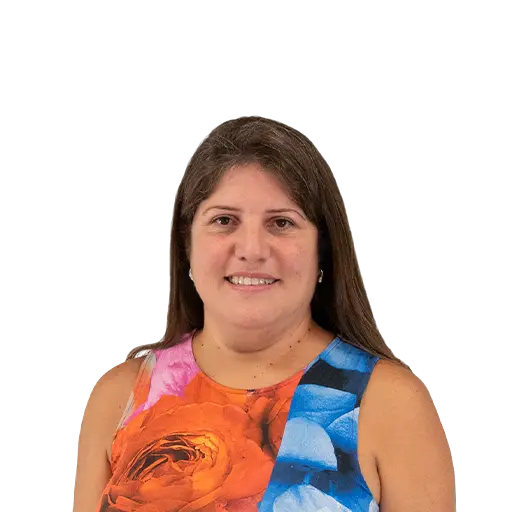
Rafael Torralva
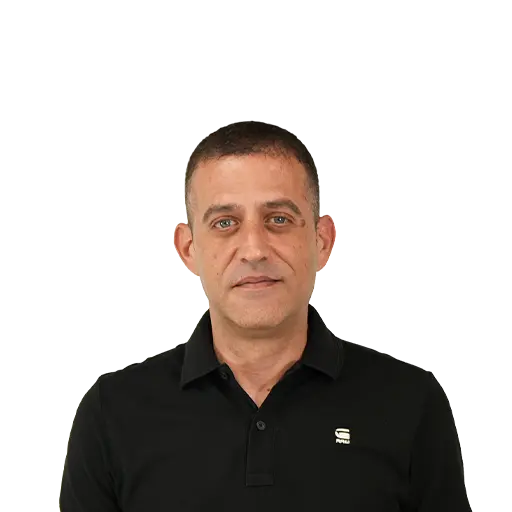
Sabrina Stenta
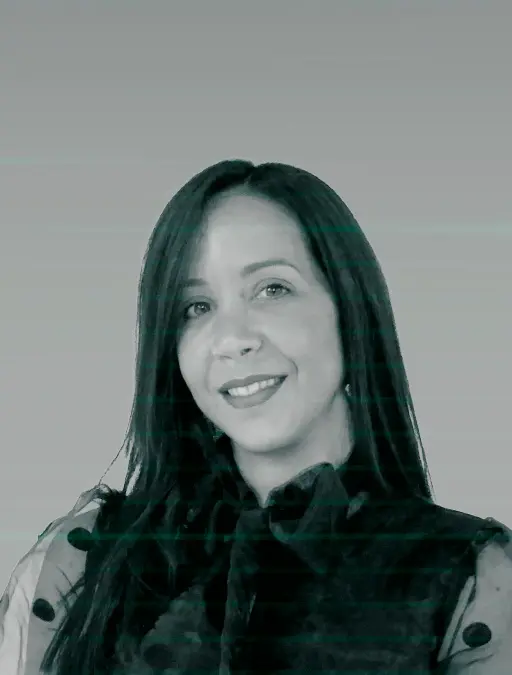
Admission test
This questionnaire will allow us to gain an in-depth understanding of your profile, ensuring that the programme aligns perfectly with your current knowledge and expectations, and guaranteeing that you get the most out of your time with us.
Why should you take the test?
- To assess your prior knowledge.
- To ensure that this course is the right fit for you.
- To offer you a personalized and unique learning experience.
How does it work?
The test is completely online, requires no prior preparation, and will take no more than 25 minutes.
Admissions Process
Our students are characterized by their passion for technology. Our admissions process focuses on who you are, how you think, what you have accomplished, and then sharing your goals.
Our aim is to get to know you better, see what makes you unique and ensure that the IMMUNE educational model adapts to your profile.
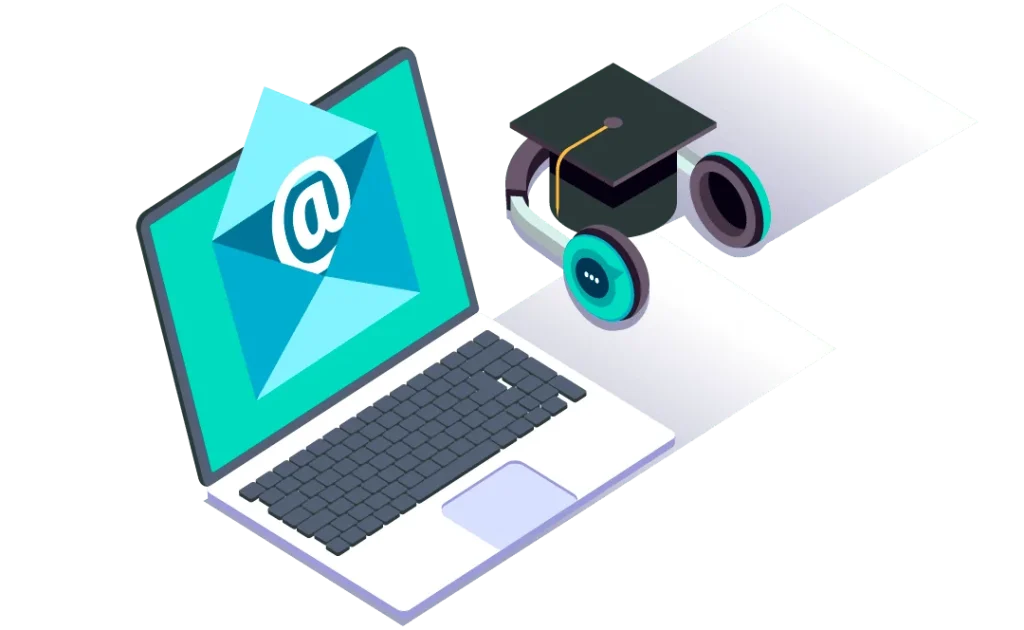
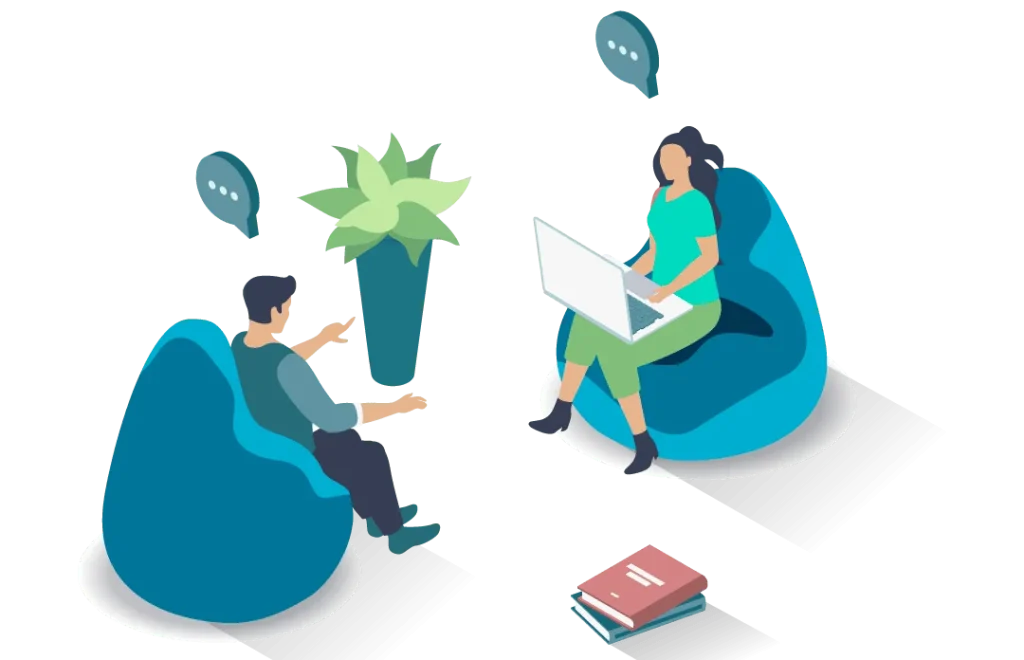
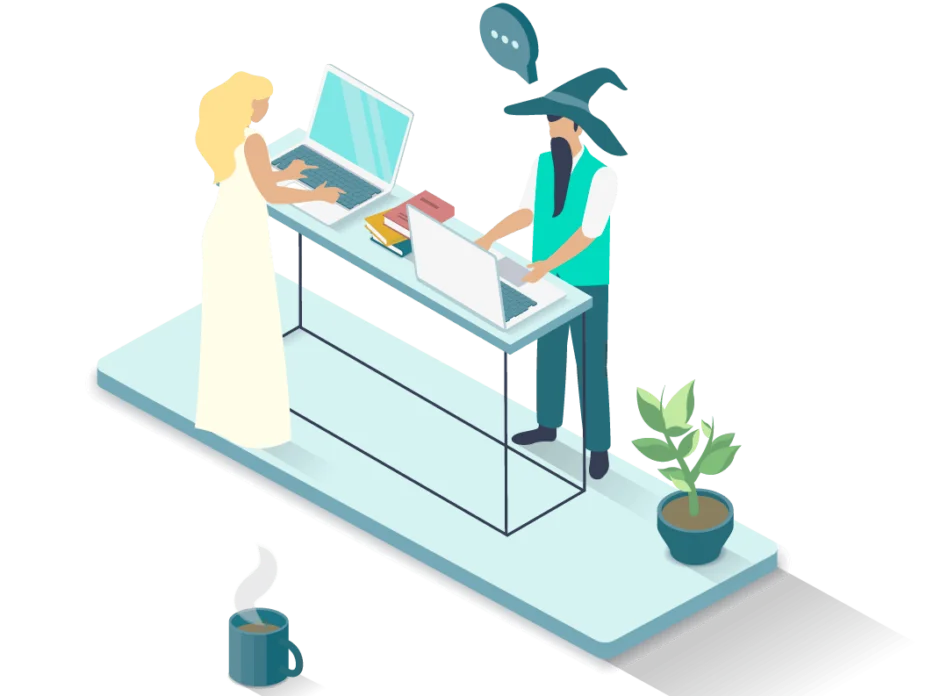
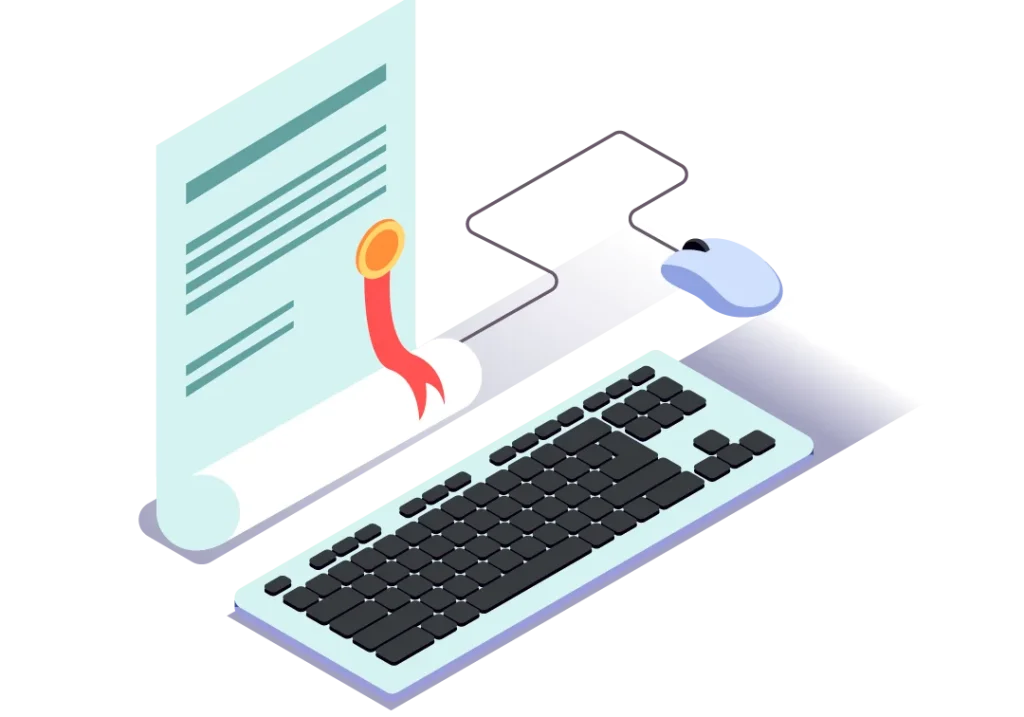
Visit our Campus in Madrid and discover everything about our programmes
- Personalised guidance Monday to Friday.
- Intake now open for March, September and October.
Designed to replicate an ecosystem of start-ups and tech companies, we’ve created a slice of Silicon Valley in the heart of Madrid.


